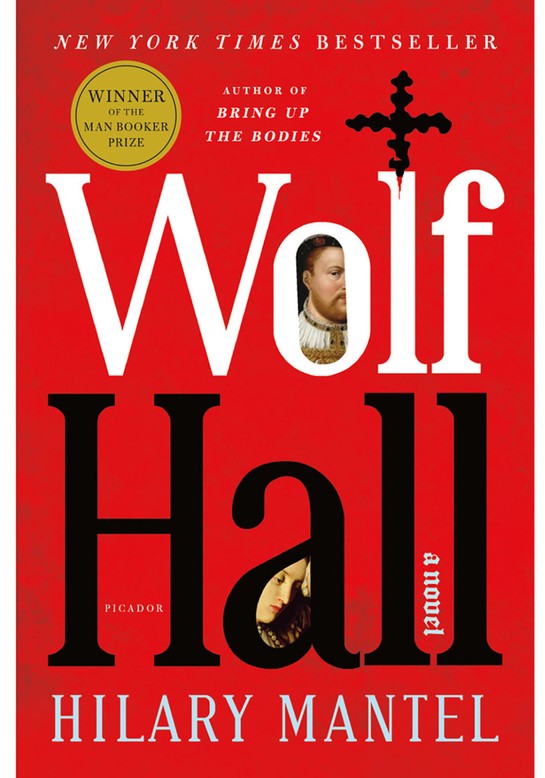5 Women Writers Who Capture the Messy Truth About Men
The author of the novel Less shares a few books that reveal the hidden, seemingly impenetrable interior lives of men.
By Andrew Sean Greer
Hilary Mantel, Wolf Hall
560 pages; Henry Holt
What makes a great man tick? Novelists, trained for old-fashioned love stories and revenge, often forget the obvious: survival, not in battle or sword fights, but the survival of those without a gun or a throne. Wolf Hall doesn't begin with Henry VIII; it begins with Thomas Cromwell as a boy, in poverty, being beaten by his father. Only from this shame and resentment can we understand the man we come across, pages later, arriving to meet his mentor, Cardinal Wolsey, and who later becomes an adviser to King Henry VIII. Because Cromwell fought for his education and worked his way up out of the muck, he outlasts Wolsey; he outlasts Catherine of Aragon; he outlasts Anne Boleyn.
His scenes with these women, in fact, are my favorites. The women are not wicked or conniving; they are people with very few options—like Cromwell—trying to survive (they don't). After one such meeting, Cromwell returns home to his wife, who expresses pity for Catherine of Aragon for having no sons. Cromwell is shocked: "Possibly it's something women do," he considers, "spend time imagining what it's like to be each other." His nature is revealed in his next thought: "One can learn from that." On one hand, it's fascinating how Mantel can imagine a man imagining a woman imagining another woman. On the other hand, it recognizes what we men often forget to explain: We pay attention when the women in our lives show us a wiser, more generous way to think—and keep our heads.
What makes a great man tick? Novelists, trained for old-fashioned love stories and revenge, often forget the obvious: survival, not in battle or sword fights, but the survival of those without a gun or a throne. Wolf Hall doesn't begin with Henry VIII; it begins with Thomas Cromwell as a boy, in poverty, being beaten by his father. Only from this shame and resentment can we understand the man we come across, pages later, arriving to meet his mentor, Cardinal Wolsey, and who later becomes an adviser to King Henry VIII. Because Cromwell fought for his education and worked his way up out of the muck, he outlasts Wolsey; he outlasts Catherine of Aragon; he outlasts Anne Boleyn.
His scenes with these women, in fact, are my favorites. The women are not wicked or conniving; they are people with very few options—like Cromwell—trying to survive (they don't). After one such meeting, Cromwell returns home to his wife, who expresses pity for Catherine of Aragon for having no sons. Cromwell is shocked: "Possibly it's something women do," he considers, "spend time imagining what it's like to be each other." His nature is revealed in his next thought: "One can learn from that." On one hand, it's fascinating how Mantel can imagine a man imagining a woman imagining another woman. On the other hand, it recognizes what we men often forget to explain: We pay attention when the women in our lives show us a wiser, more generous way to think—and keep our heads.
Published 06/27/2017


